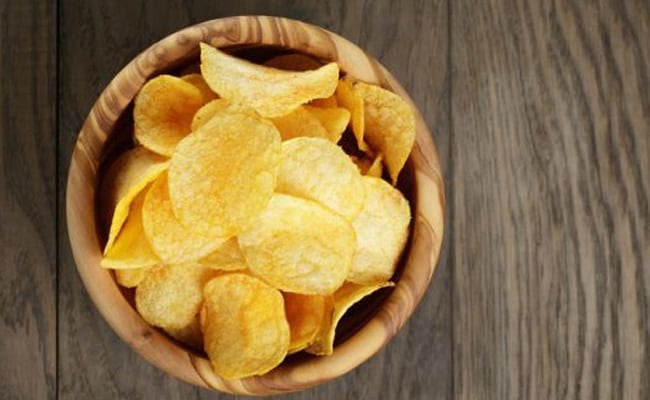Processed foods have a lot of confusion and misinformation about them. Here is everything you need to know about whether or not they are good for you.

Packed potato chips come under ultra-processed foods and are unhealthy
What are processed foods?
In simple terms, it would be considered processed if a food item is altered during its preparation to preserve or elevate its taste or/and aesthetic. Processed foods are foods that have undergone a few more preparation steps in order to make it easy for the producer to increase these foods' shelf-life or better their taste or looks. Almost all food items that we buy in packaging are considered processed foods.
Are all processed foods unhealthy?
No, not all processed foods are unhealthy. There might be various reasons our food might need to be processed. Here are a few examples:
Safety
Sometimes products need to be processed in order to be safe to be consumed. For example, pasteurisation of milk or other dairy products.
Preservation
Many foods are processed purely to preserve them for a longer period of time and do not hinder the nutritive value of the items being processed. For example, lentils, flours, etc.
Preparation
As we know, many products we use while cooking are not readily available for consumption in nature. They have to go through a process to be prepared into a usable form. For instance, many raw materials such as olives, peanuts, etc., have to go through a long process in order to extract oil from them that can later be used as cooking oil.
Now that we understand that not all processed foods are dangerous or unhealthy, let us understand when can they be considered bad for our health. Processed foods are categorised into different levels and the final and most processed level is called Ultra-processed foods. These include canned beverages, chips, ready-to-eat food, frozen foods, and so on.
How are foods altered to be unhealthy?
Ultra-processed foods usually have a very high shelf-life which means they require a very high level and variety of preservatives, salt, and sugar to maintain their edibleness.
Food producers also add ingredients that do not provide preservation at all and are used purely to elevate the aesthetic and visuals of these foods. For instance, adding colours to make something colourful or aesthetic.
Many carbonated drinks and other beverages have added sugar, salts, and artificial flavouring that add no nutritive value to these foods. In fact, the excess salt and sugar make these foods even more unhealthy. There are various other ways in which the look, feel and taste of our foods are favoured more than the nutritive value.
What are the health risks?
- Too much salt along with added fats results in obesity.
- The added salt and sugar make people prone to diabetes in all age groups.
- Many studies have found that excess consumption of ultra-processed foods higher your risk of getting cancer
- Ultra-processed foods lack heavily nutritional value making their consumption almost useless for the human body
In conclusion, the only processed foods you should worry about are ultra-processed foods. It is important to cut these unhealthy foods out of your diet and choose healthier alternatives. You can do that by choosing freshly prepared foods from your local markets or/and buying organically prepared and sourced foods. The best way to avoid unhealthy processed foods is by eating healthy home-cooked food. Home-cooked food is made from processed foods that have been processed only with the intent to preserve and are high in nutritive value.
Disclaimer: This content including advice provides generic information only. It is in no way a substitute for a qualified medical opinion. Always consult a specialist or your own doctor for more information. NDTV does not claim responsibility for this information.
DoctorNDTV is the one stop site for all your health needs providing the most credible health information, health news and tips with expert advice on healthy living, diet plans, informative videos etc. You can get the most relevant and accurate info you need about health problems like diabetes, cancer, pregnancy, HIV and AIDS, weight loss and many other lifestyle diseases. We have a panel of over 350 experts who help us develop content by giving their valuable inputs and bringing to us the latest in the world of healthcare.














